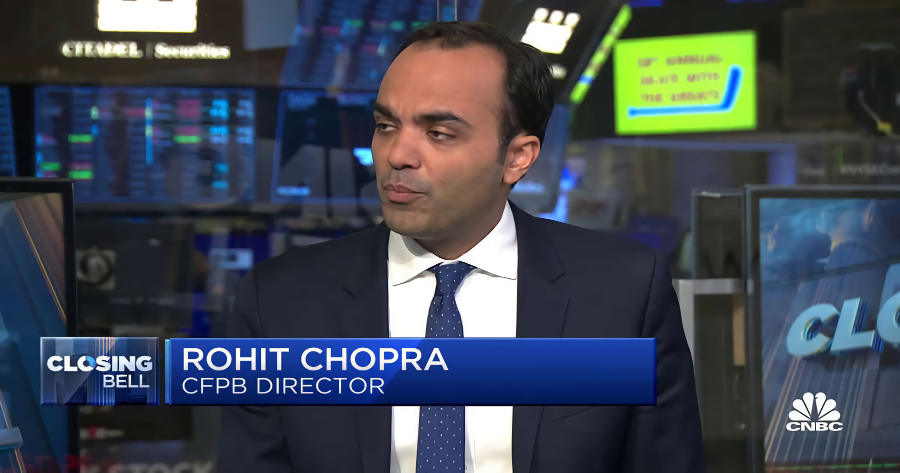To start, here is a quick definition from Investopedia:
- Open banking is the system of allowing access and control of consumer banking and financial accounts through third-party applications.
- Open banking has the potential to reshape the competitive landscape and consumer experience of the banking industry.
- Open banking raises the potential for both promising gains and grave risks to consumers as more of their data is shared more widely.
You likely already have partner relationships that leverage this idea, for example, with Plaid of Fincity.
It’s helpful to look at other countries’ approaches in implementing Open Banking Standards. Notable examples include the EU (the often-cited Payment Services Directive of PSD2), UK, Mexico, Brazil, Australia, India, and Hong Kong. Missing from this list is China, taking a much more laissez-faire approach, and the US, which is still an evolving story.
From a standards approach in the US, the Financial Data Exchange (FDX) organization is a leading voice. They model their approach to the development of technical standards like the way Bluetooth evolved across vendors and providers. If your institution or parent org is not a member, your core banking provider probably is.
On the other side are trade and lobby groups like the Financial Technology Association and the Chamber of Progress. Theses organizations advocate (lobby and PR) for lighter regulatory structure around the tech/Fintech industry, under the guise of fostering innovation. And this is where it gets more relevant to the strategy and opportunity for community banking.
The Consumer Financial Protection Bureau has the job of issuing regulations related to section 1033 of the Dodd-Frank Act. This authorizes the CSFB explicitly to issue rules requiring:
“a covered person [to] make available to a consumer, upon request, information in the control or possession of such person concerning the consumer financial product or service that the consumer obtained from such covered person, including information related to any transaction, or series of transactions, to the account including costs, charges, and usage data.”
The CFPB’s Director Rohit Chopra has made comments likening this effort to the FCC’s mandating phone company support of number porting between carriers. The consumer benefit intended is reduced friction for switching financial providers.
“While not explicitly an open banking or open finance rule,” said Chopra, “the rule will move us closer to it by obligating financial institutions to share consumer data upon consumer request, empowering people to break up with banks that provide bad service, and unleashing more market competition.”
“We expect that the public will gain more bargaining leverage once data- holding companies must share authorized consumer data with authorized third parties.”
The tension for Fintech, large nationals, and community banking is what will likely be the delicate balance between the ease of switching financial providers, which Fintechs very much want, and the level of regulatory oversight that comes with it, which they very much do not want.
State banking groups and trade organizations primarily see Open Banking as an opportunity while ensuring regulatory loopholes aren’t introduced that destabilize community banking as a whole. The ICBA notes:
Attracting and retaining customers in today’s diversified fintech environment means meeting customers’ expectations for their core banking relationship. Helping consumers access the fintech services they want to use without needless friction can be a powerful competitive advantage for community banks of any size.
Incorporating open banking into your digital transformation roadmap ensures that in the future, your bank customers see your brand as a vital link to the expanding world of fintech-led services.
This short post, of course, only scratches the surface. For more in-depth background and discussion with thought leaders on where Open Banking is going, check out the Mr. Open Banking podcast with Eyal Sivan.
